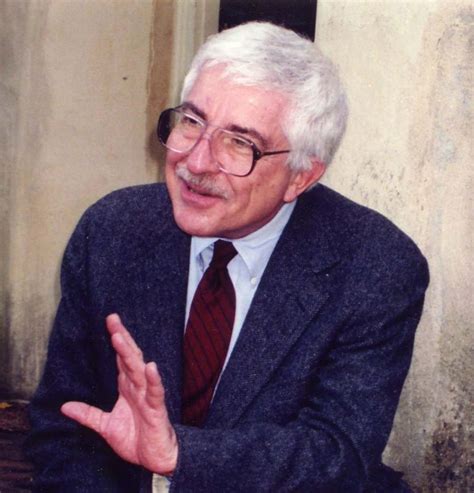A Quote by Oliver Sacks
Fascinating, Doidge's book is a remarkable and hopeful portrait of the endless adaptability of the human brain.
Quote Topics
Related Quotes
'Lean on Pete' is the story of a boy and his horse, but it is never heart-warming - it ranges in tone from desperate to merely painful - and, while fascinating, it is never entertaining or redemptive. But if you want an unadorned portrait of American life (at least in some places) at the beginning of the 21st century, this is the book for you.
It is one of the many merits of this admirable biography of Proust's mother that it invites one to return to the novel with perhaps a fuller understanding of Proust's heredity, hinterland, and upbringing. . . . This fascinating book is full of interesting social and cultural observation, of information about French Jewish life, the position of Jews in society and, of course, the Dreyfus case. But it is essentially a study of one of the most remarkable and fruitful of mother-son relationships. As such it is a book that every Proustian will want to read.
I don't know but a book in a man's brain is better off than a book bound in calf--at any rate it is safer from criticism. And taking a book off the brain, is akin to the ticklish & dangerous business of taking an old painting off a panel--you have to scrape off the whole brain in order to get at it with due safety--& even then, the painting may not be worth the trouble.
Given that the dreaming brain must perform these remarkable contortions - creating a world, living in it, responding to it, and then carefully blocking all the responses in a manner that does not cross the threshold of awareness - it is no wonder that this dreaming brain seems to be more active than the waking brain.
LSD was not a pharmacological agent generating exotic experiences by its interaction with the neurophysiological processes in the brain. This remarkable substance was clearly an unspecific catalyst of the deep dynamics of the human psyche. The experiences induced by it were not neurochemical artifacts, symptoms of a toxic psychosis as mainstream psychiatrists called it, but genuine manifestations of the human psyche itself.
The life-efficiency and adaptability of the computer must be questioned. Its judicious use depends upon the availability of its human employers quite literally to keep their own heads, not merely to scrutinize the programming but to reserve for themselves the right of ultimate decision. No automatic system can be intelligently run byautomatonsor by people who dare not assert human intuition, human autonomy, human purpose.





































